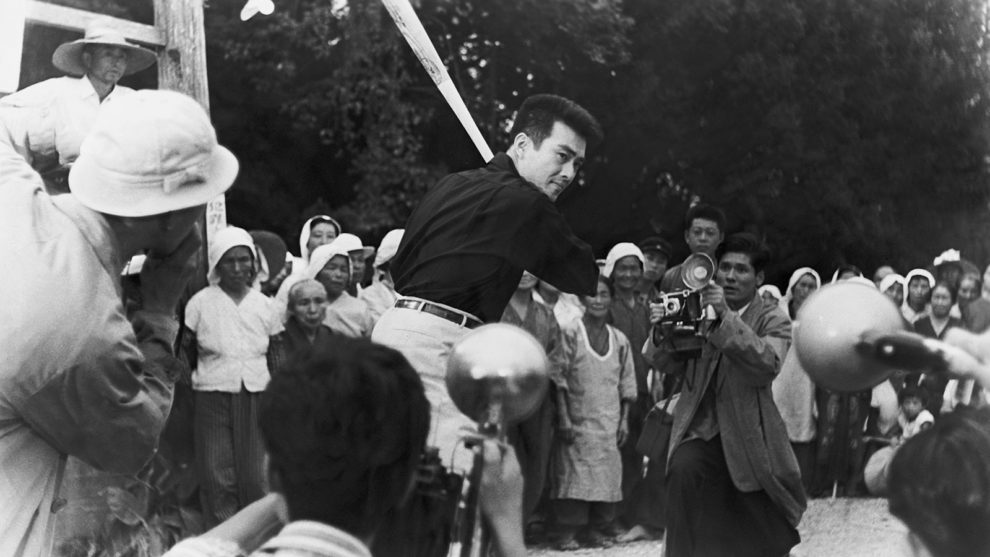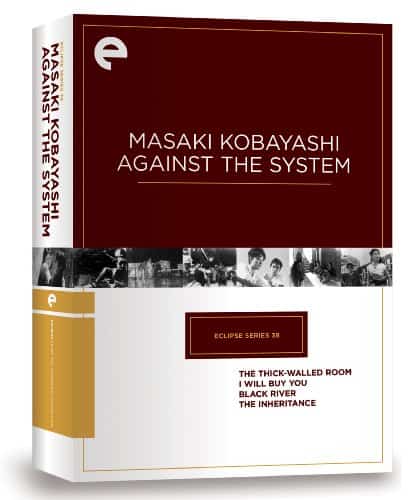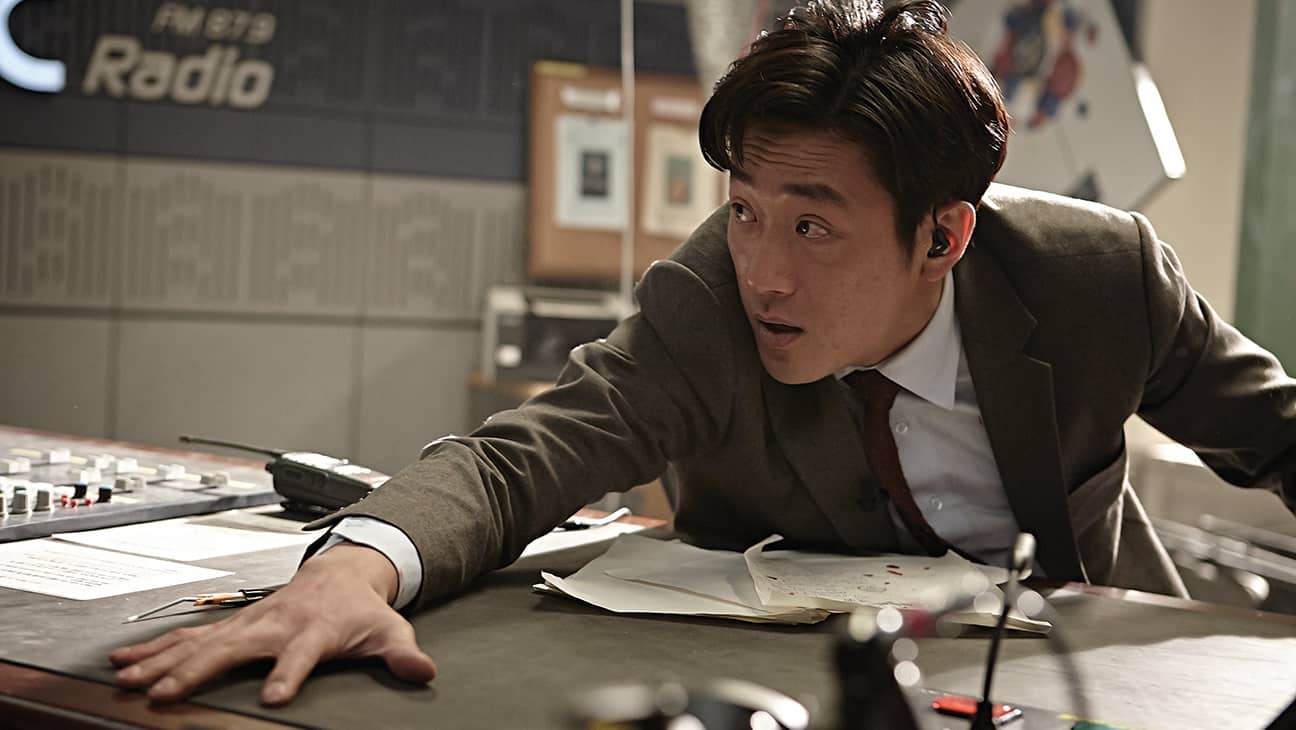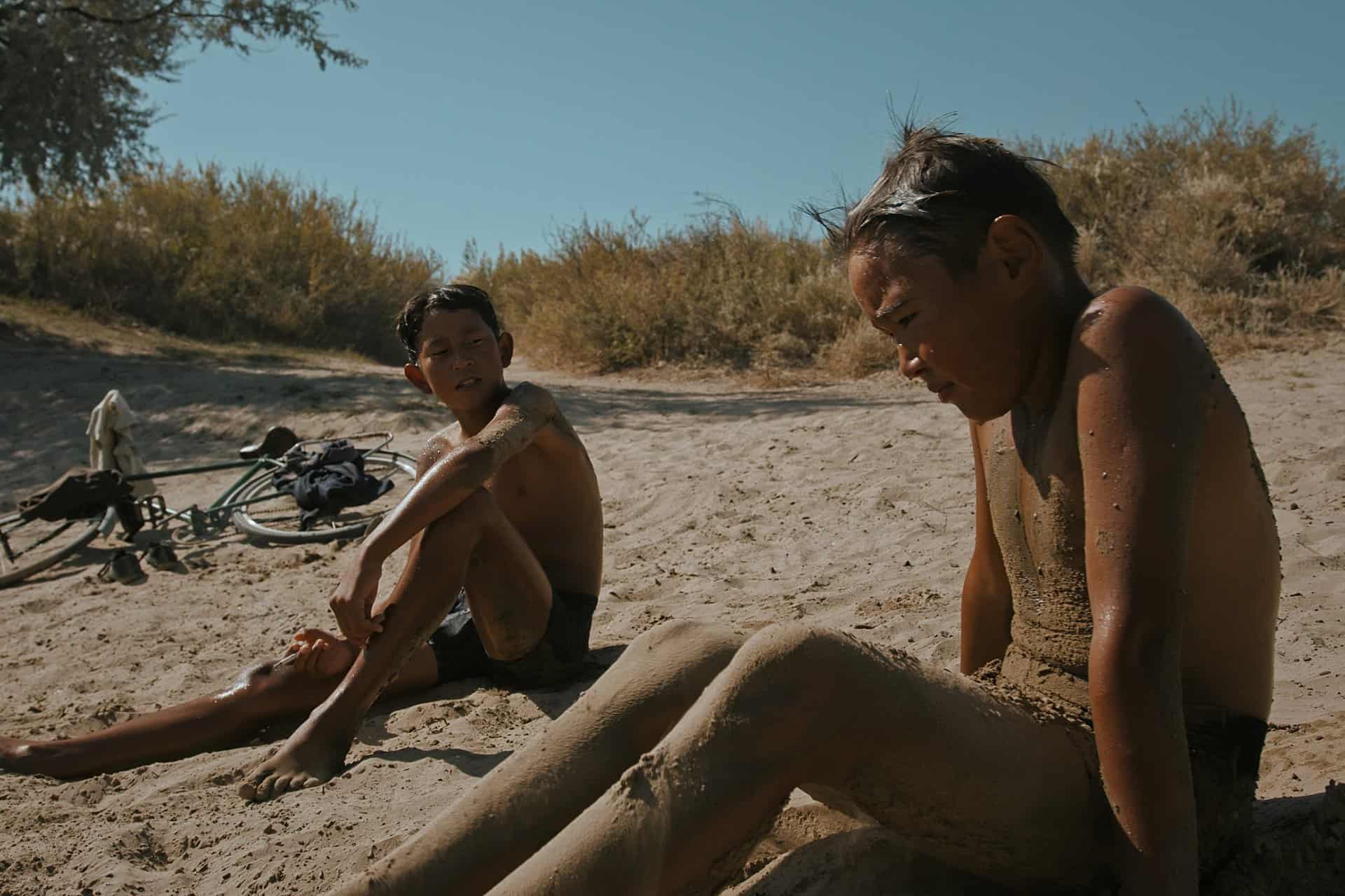Masaki Kobayashi is one of the most internationally recognized Japanese directors of his era, with many of his films still receiving continued and undiminished critical acclaim. The ghost anthology “Kwaidan”, the samurai films “Samurai Rebellion” and “Harakiri” and the anti-war epic “The Human Condition” are some of his films to remain highly regarded. In 1956, Kobayashi tackled the businesslike nature of Japan's sports industry in a film with an extremely provoking title: “I Will Buy You”.
Buy This Title
Daisuke Kishimoto is a talent scout working for the professional baseball team Toyo Flowers. He is sharp, no-nonsense and relentless in his ways to acquire new players for the team. His latest target is a promising pitcher, but the assignment fails when he finds out that the promising talent is recovering from losing a finger in an accident at the factory he works in. Kishimoto's character is revealed further when he comes back immediately before even displaying the courtesy of introducing himself to the boy's mother. His next target is miles bigger and more exciting: a college player who is on the eyes of many teams and their scouts. The player, Goro Kurita, is aided by a benefactor, Kyuki, who is his manager of sorts. While Kyuki is a difficult customer, Kishimoto is relentless in his pursuit to buy Kurita.
Baseball is a Western sport, introduced to Kobayashi's nation in 1872 by American Horace Wilson, an English professor at the Kaisei Academy in Tokyo. At a match played in Yokohama in 1896, a team from Tokyo's Ichiko high school convincingly defeated a team of resident foreigners from the Yokohama Country & Athletic Club. The contemporary Japanese language press lauded the team as national heroes and news of this match greatly contributed to the popularity of baseball as a school sport. The popularity of the sport in Japan is, thus, a result of Western influence. Thus, it is more of a business than a sport, with the actions in the diamond proving negligible to the chaotic movements behind the scenes, where managers, agents and scouts play a game much more intriguing than the one witnessed by the audience in a stadium.
It is this unremitting avaricious nature of the business that Kobayashi loathes, and displays in the movie. He is most well-known for his anti-war attempts and his pursuits to break down an existing system. While not outright declared, “I Will Buy You” is a typical Kobayashi movie. Kurita is the prize that the teams fight for. Imagine the teams as kingdoms, and the tournament as a war to be won. It is through agents and scouts that they try to acquire a crucial talent from a neutral ground, whom they know can increase their chances of winning the war. However, a benefactor needs to be softened in order to achieve this goal. This pursuit of Kurita is in itself a psychological war between teams. A game of double-crossing opens up and at times, it is difficult to ascertain the position of each character in the movie. Kurita, the target, is a living, breathing, thinking being and not a mere object. Therefore, his power of taking decisions of his own behalf becomes an intriguing addition to the complexity. Kobayashi tries to attack this brutal system, and thus it is an anti-war movie, where war is replaced by sport, but the essential hierarchy remains the same.
The fact that “I Will Buy You” pales in comparison to some of the more acclaimed works of Kobayashi is undoubted. It is not because of a lack of scope. “I Will Buy You” is not an epic-scaled movie but its range is an essence of the entire baseball sports industry in Japan. However, the film suffers through a painful lack of subtlety. The editing, at times, is choppy, surprising from a work by Yoshiyasu Hamamura. Keiji Sada plays the relentless scout Hashimoto, Minoru Oki plays the confident college baseballer. Yunosuke Ito plays the parasitic manager and Keiko Kishi the girlfriend of the player. None of the actors look extraordinary in the movie; nevertheless they mostly manage to fit their role and keep up to the narrative. Where the movie shines is in its cinematography. Yuharu Atsuta, a longtime collaborator of Yasujiro Ozu, makes the film exciting during the scattered baseball sequences and intriguing elsewhere.
The movie is therefore a weaker attempt from a director known for excellent creations. However, it gains much merit through its scathing display of the industry that runs a sport.
















